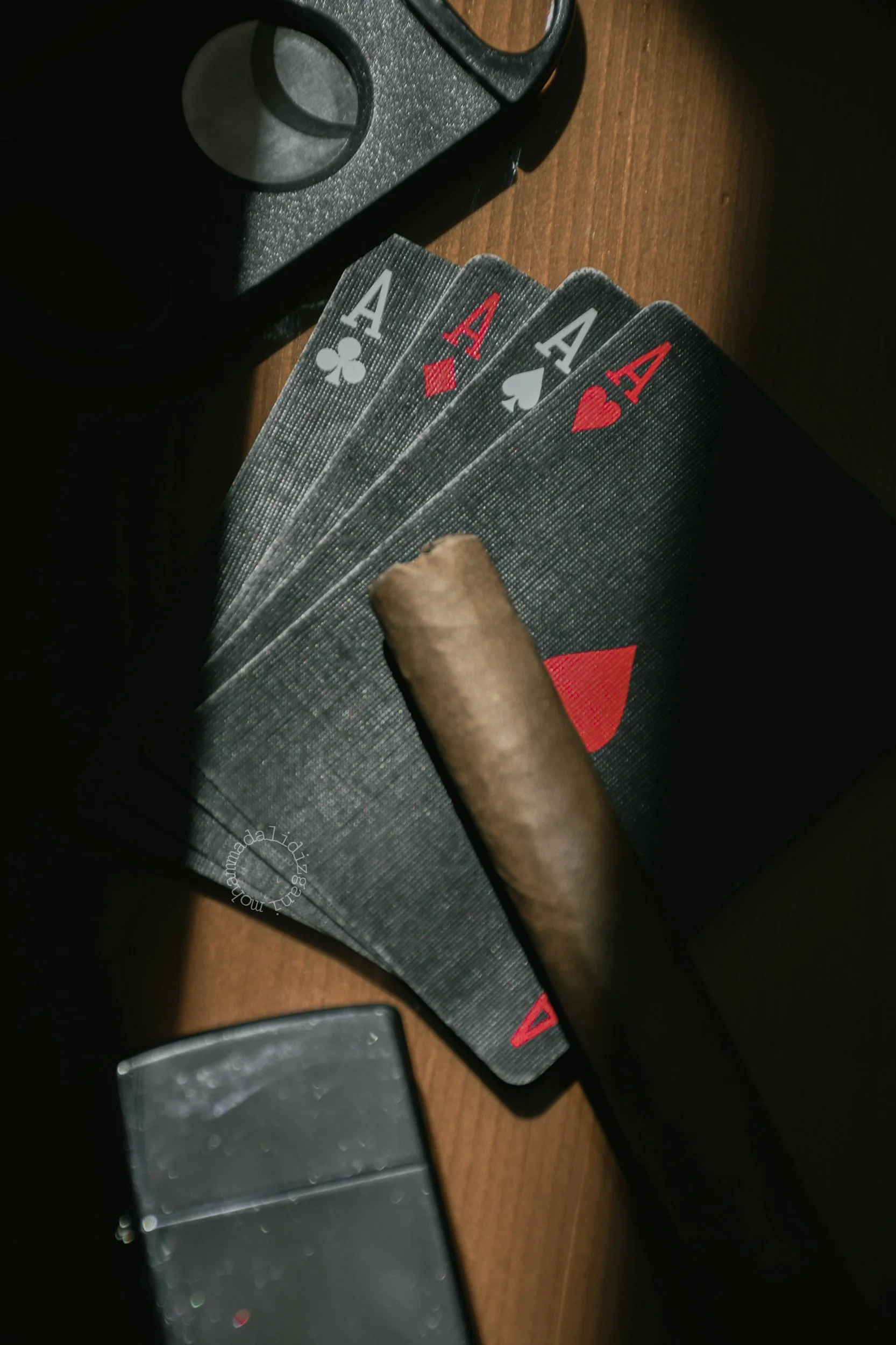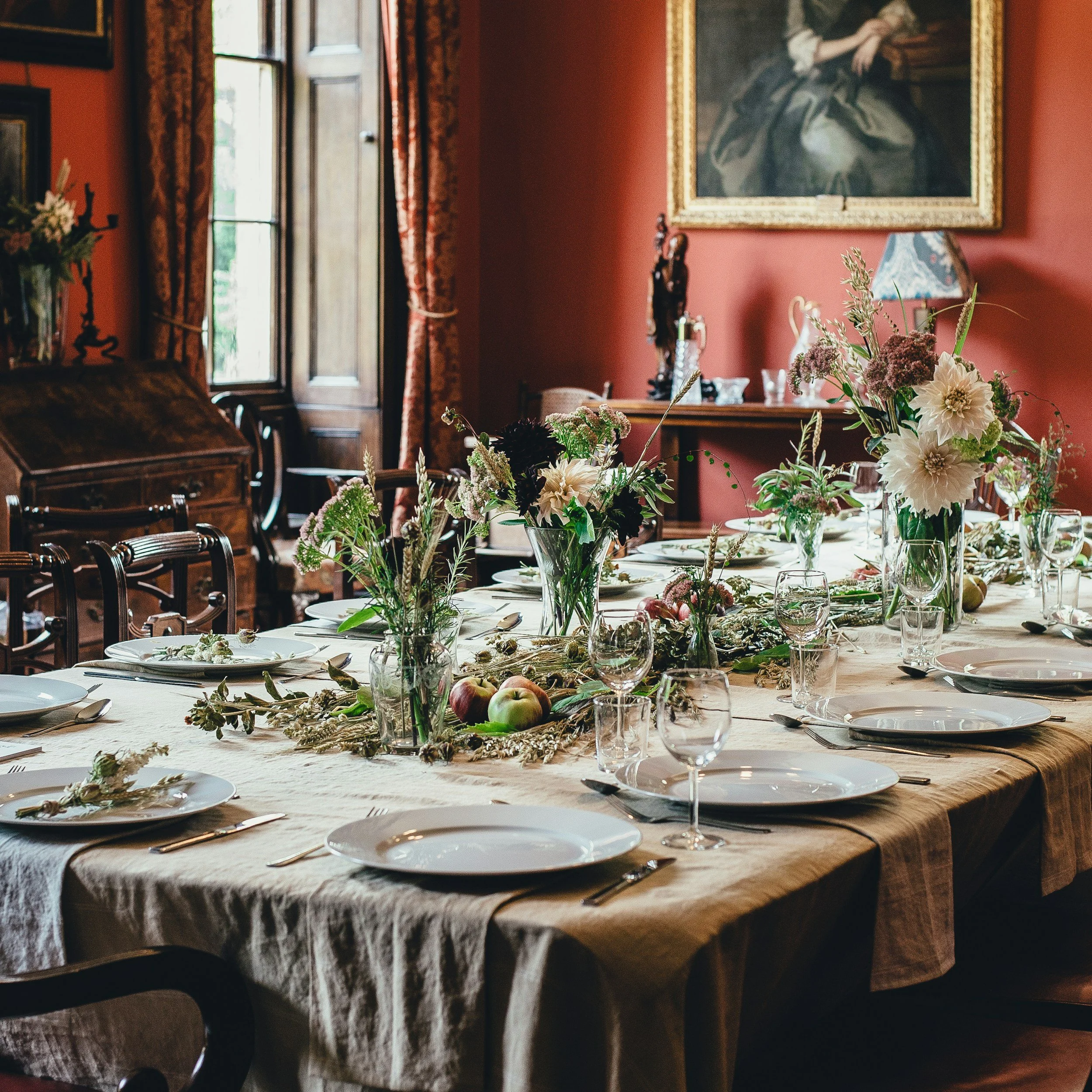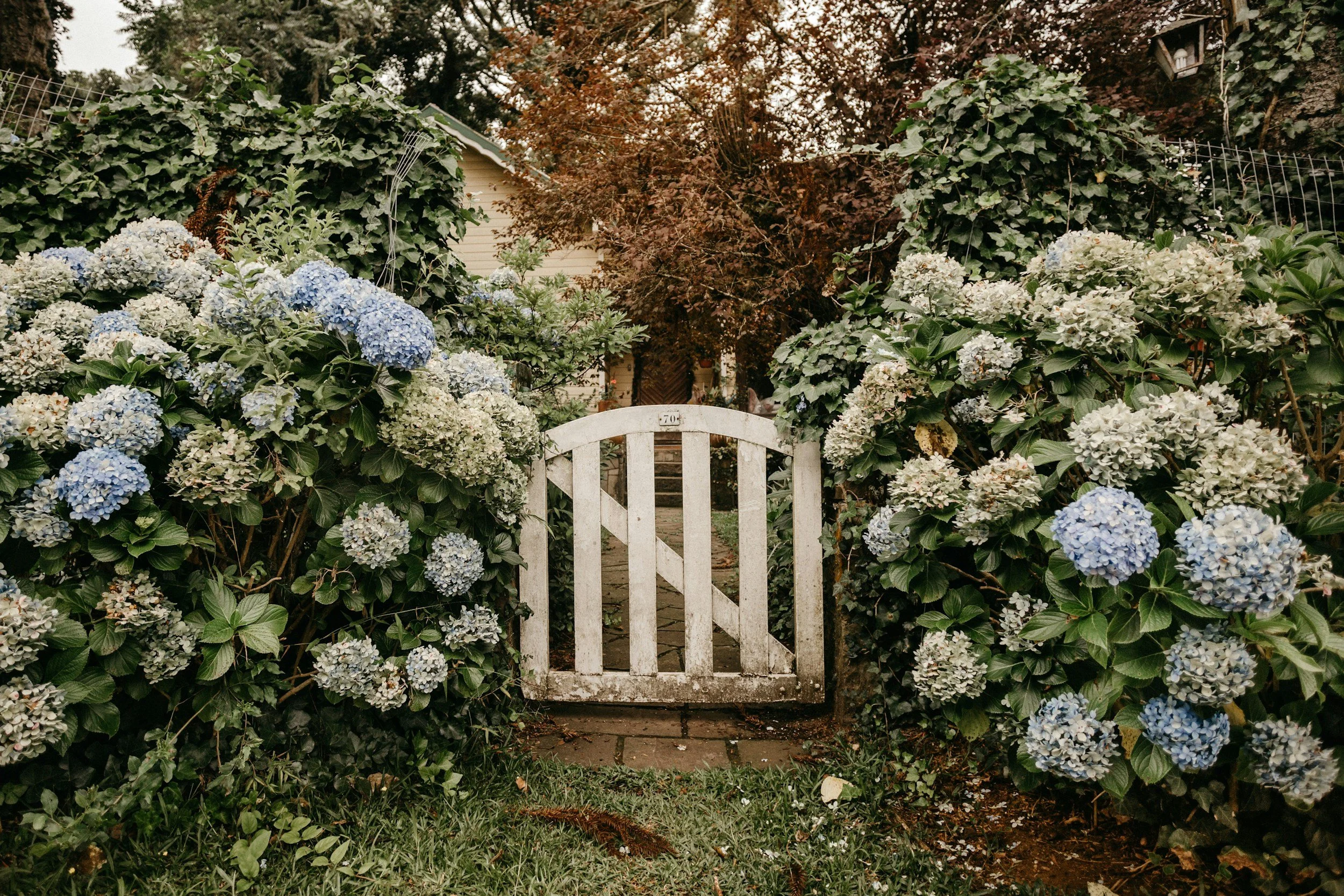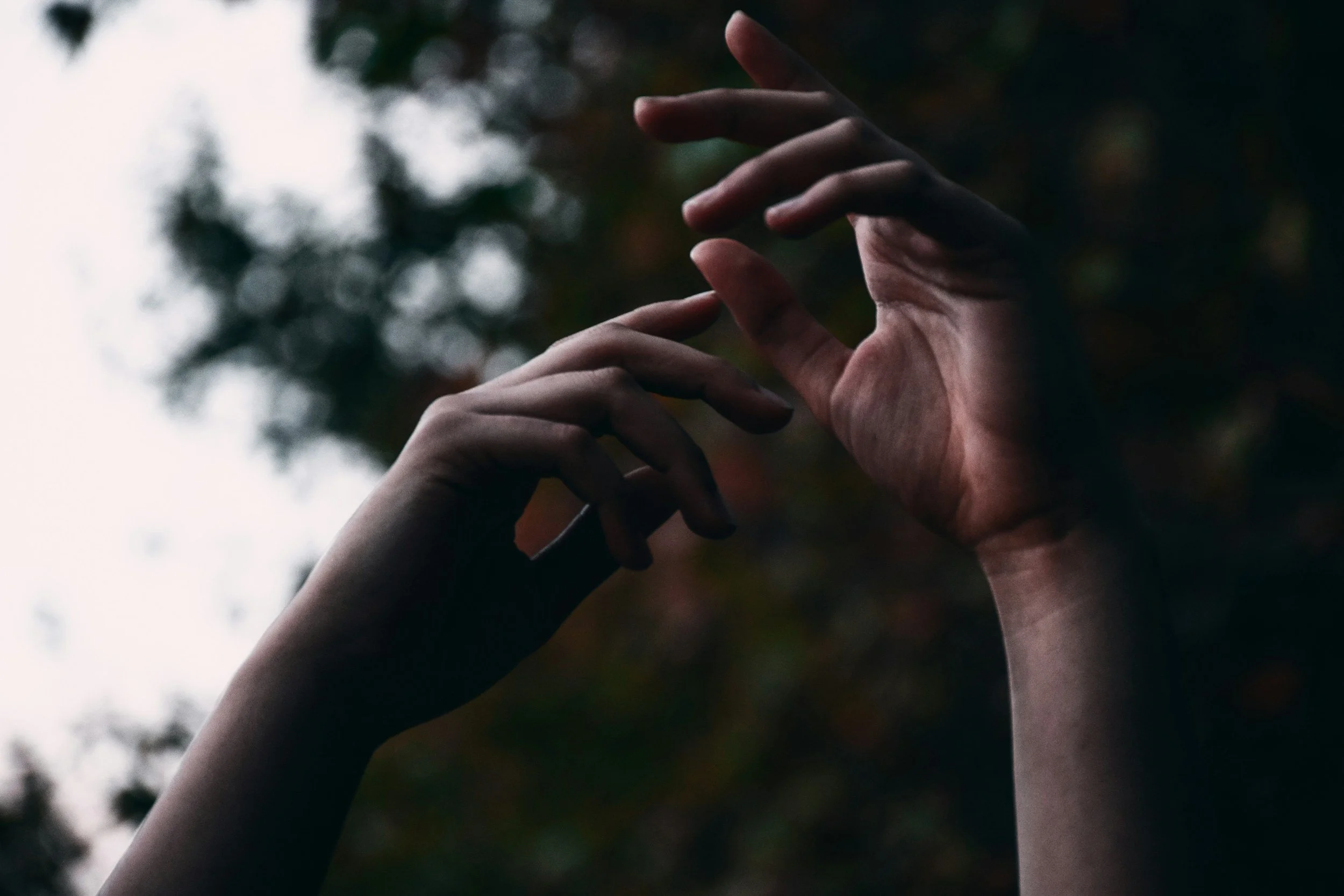The Space I Tried to Make (#7)
Late May, 1912. I kept to the far end of the terrace.
I have been terribly busy. Or at least, that is what I’ve told myself.
And everyone else.
There have been linen drawers to reorder, old letters to review, an embroidery hoop I’ve left untouched for months suddenly begging for stitches. I swept the hearth in the upstairs drawing room, a room I never use. I asked Cook three questions about a recipe I had no intention of attempting, then apologized profusely, as if my domestic curiosity was some great burden to her.
I claimed a headache to excuse myself from Lady Harcourt’s garden supper, a lie I wore too comfortably. I didn’t want to go. I didn’t want to be charming or admired or seated too near the wrong man and too far from the one I shouldn’t be thinking about. I didn’t want to be seen, not by anyone.
Later that evening, I overheard my husband recounting the gathering to someone over port. I wasn’t eavesdropping, not exactly. The library doors were ajar.
“Everett asked after her,” he said. “Said he hoped her headache had passed. Odd fellow, always more courteous than the occasion requires.”
That was all. My husband didn’t seem to think it worth further remarking on. He didn’t ask if I was feeling better. He didn’t knock on my door. He never does. He assumes I am well, or that it does not matter either way.
He is not unkind. He simply… never lingers long enough to notice anything that would require tending.
I have become practiced in avoidance. So much so that I think I now do it in my sleep. I woke this morning curled toward the wall, as though even in dreams I’ve begun to face away from the things I cannot bear to name.
He was at the gallery. Of course he was. Mr. Everett. Standing at the edge of the crowd, his arms loosely crossed, his eyes drawn, not to the most popular exhibit, but to the dusky corner near the watercolor portraits. The ones with eyes too sad to be fashionable.
I was speaking with Lady Elowen about the spring ball, she’s apparently decided the musicians must be placed far from the guests “so as not to muddle the aesthetic,” a logic I did not entirely follow.
But my mind was elsewhere. I knew the moment he entered. I always do now. The air shifts. Or perhaps I do.
I did not look at him. I managed that much. I kept my voice light, my posture perfect, my laughter a touch too bright. I sipped champagne I did not want. I stood on aching feet in shoes that have never fit properly, and I did not look at him.
I believe that is what being good looks like.
There was a time I lingered in the conservatory each morning, not for him, but because the light is softest there in spring. I used to sit at the small table near the window with my tea and my notebooks and pretend I could hear the rose vines growing.
But I do not go there anymore.
In the book, the one he left for me, he wrote quietly in the margin beside a half-forgotten passage:
“You were in the conservatory the first time I saw you.”
And beneath that, as if the truth spilled before he could think better of it:
“You were seated with your back to the windows. The morning light caught the side of your face, and you tilted your head, just slightly, as though listening for something. I remember wondering what it was. I remember forgetting why I’d come.”
A year ago. Before the book. Before the violet. Before we were formally introduced.
I’ve tried, more than once, to conjure that day in full, but it’s only in fragments. I remember the scent of the tea. I remember the ache in my temples, the too-tight stitching at my waist. I remember thinking I looked older than I felt, and smaller than I wanted to be.
I had not dressed with care that morning. I had not smiled at anyone. I had not spoken.
I thought myself invisible.
And he saw me.
Not as others do, not as a hostess, or a wife, or a figure in a room meant to be admired and dismissed. He saw something else. Something unguarded. Something I had not meant to reveal.
I do not know what unsettles me more, that he noticed, or that he remembered.
And so, I have not returned to the conservatory since.
I told myself I imagined the book. The margin notes. The violet. That he had perhaps meant it kindly, or not at all. That it was simply a gesture. That it could not possibly be what I feared, or hoped it to be.
Because if it was, then I am no longer who I pretend to be.
And I’ve grown so very tired of pretending.
I pour the tea. I answer the invitations. I smile when spoken to, and laugh when prompted. I sit beside my husband and nod as he speaks over me. I wear the yellow gloves even though I hate them. I smile so hard my teeth ache.
He has not spoken to me directly in days. Weeks, even.
And that should make it easier.
It doesn’t.
It only confirms what I already fear, that I am nothing but a woman who dreamed too vividly over a pressed violet. That I have mistaken tenderness for attention, silence for intimacy. That I have built a cathedral of a glance and called it a doorway.
What a foolish, romantic thing I must be.
But then I remember his eyes when I was belittled in that smoke-choked room. The way he did not smile. The way he looked at me as though I mattered. I remember his hand nearly brushing mine, his breath shifting the air between us. I remember what he did not say.
And I wish I didn’t.
But I do.
Tonight, I told myself I would not write. That I would take the tonic, blow out the candle, and be still.
But I lit the lamp anyway.
I opened the drawer.
And the words, as they always do, arrived without my permission.
I am not a girl. I am not reckless. I am not in love.
But I am… tired.
Tired of being useful. Of being well-behaved. Of being acceptable but not adored. I am tired of being unseen by the man whose name I carry, and watched, gently, unbearably, by the one who most often, says nothing at all.
I do not want Yates Everett to see me like this.
But I do not want him to look away.
Not yet.
Not when the pages still hold his voice.
Not when I’m still listening for it.
—L.B.
You Might Also Love…
Read all of The Violet Letters here:
Copyright Notice:
© 2025 Lady Bergamot's Library. All rights reserved.
This work is the intellectual property of Lady Bergamot's Library (Jessica Jones) and may not be reproduced, copied, pasted, or rewritten without prior written permission.
Links to this content may be shared, but the content itself may not be copied, republished, or distributed elsewhere.
All content on this site, including but not limited to text, images, and original works, is protected by copyright law.


















I was in fourth grade when I found A Series of Unfortunate Events. I talked about them on AIM with my best friend, devoured each new hardcover, and felt like someone finally trusted me with something strange and brilliant.